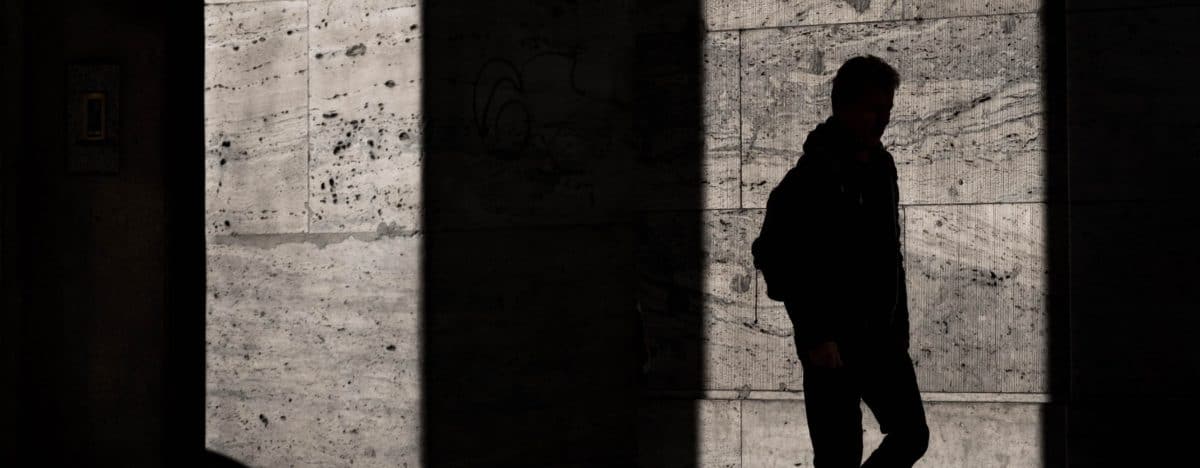Attention throughout the state’s political elite has turned this week to ethical concerns in the wake of the John Swallow scandal. Organizations like the Alliance for a Better Utah and Utahns for Ethical Government have lead the way in drawing attention to not only allegations of criminal wrongdoing on Swallow’s part, but also to a string of alleged ethical violations.
Since that time, State Republican Chair Thomas Wright and Governor Gary Herbert have both called for ethical reforms. And three ethics bills are currently being considered in the state legislature.
Governor Herbert says he supports the creation of an ethics commission that would oversee complaints levied against state legislators as well as members of the state’s executive branch. He also favors proposals to restrict the number of hours that state officials can work outside of their state employment. Wright has expressed support for similar measures.
The cry for ethics reforms from Utah’s political establishment took more than two weeks after the Swallow scandal first broke. But just days after allegations of criminal wrongdoing emerged, the Alliance for a Better UTAH quickly drew the media’s attention to possible ethical wrongdoing by launching a bar complaint that was filed last Wednesday.
The media has also begun to turn its attention to issues of ethical reform as highlighted in a series of interviews with Better UTAH staff. Prominent coverage of the ethical aspect of Swallow’s wrongdoing appeared in the Deseret News, Salt Lake Tribune, KSL, and Telemundo.
The coverage coincides with three ethics bills that sailed through committee hearings Monday and will soon head to the floor for debate and a vote. Those bills include HB44, sponsored by Rep. Greg Hughes (R-Draper); HB38, sponsored by Rep. Kraig Powell, (R-Heber City); and HB 262, sponsored by Rep. Craig Hall (R-West Valley City).
In an effort to prevent push polling (polls designed to persuade respondents to feel a certain way about a candidate), Hughes’ bill would require pollsters to tell respondents who paid for the survey.
Powell’s bill would govern what candidates can do with large, anonymous donations. Currently, there are no instructions on how to handle anonymous donations. If Powell’s bill passes, those contributions would instead be donated to charity or to government general funds.
Hall’s bill is intended to increase voter participation by preserving current statute (that would otherwise be overturned) that allows unaffiliated voters to change their party affiliation at the polls during the primary elections, allowing them to vote in the state’s otherwise closed primary system.

